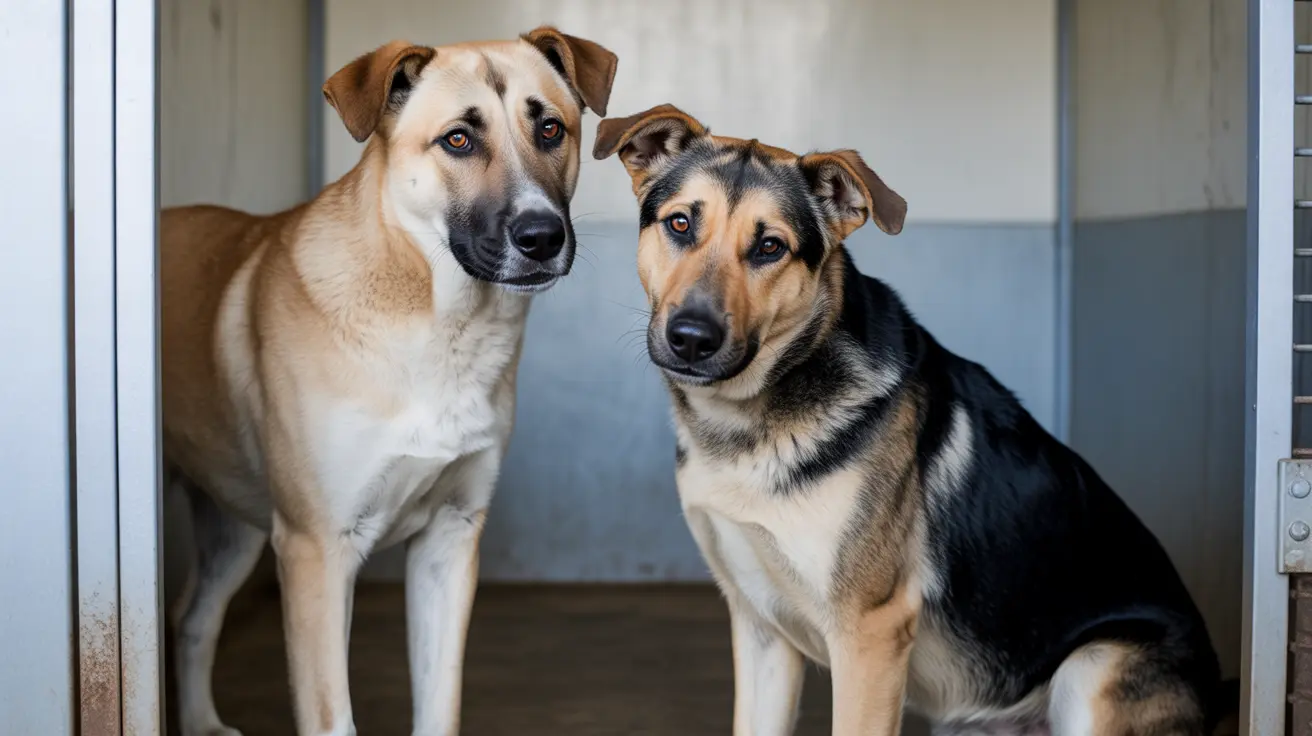Understanding the Current Situation
The temporary suspension of dog adoptions at Collin County Animal Services comes in response to confirmed cases of distemper virus in dogs within the facility. This decisive action allows the shelter to focus on containment, testing, and enhanced cleaning procedures while preventing potential transmission to pets in the community.
Managing Distemper in Shelters
- Immediate quarantine of affected and exposed animals
- Enhanced cleaning and disinfection procedures
- Comprehensive health screening of all canine residents
- Staff biosecurity training and protective measures
Dog Disease Prevention Measures
Prevention remains the cornerstone of protecting dogs from distemper and other contagious diseases. While the shelter works to contain the outbreak, pet owners should ensure their dogs' vaccinations are current and maintain vigilant health monitoring.
Canine Distemper Symptoms to Watch
- Fever and lethargy
- Respiratory issues including coughing
- Nasal and eye discharge
- Changes in appetite or behavior
- Neurological symptoms in advanced cases
Dog Vaccination for Distemper
Vaccination provides the most effective protection against canine distemper. Puppies should receive a series of vaccines starting at 6-8 weeks of age, with regular boosters throughout their lives as recommended by veterinarians.
Animal Shelter Health Safety
- Strict quarantine protocols
- Regular health monitoring of all animals
- Enhanced cleaning and sanitization
- Clear communication with the public
Frequently Asked Questions
What is canine distemper and how does it affect dogs?
Canine distemper is a highly contagious viral disease that attacks a dog's respiratory, gastrointestinal, and nervous systems, causing symptoms like fever, coughing, nasal discharge, vomiting, diarrhea, lethargy, and neurological issues. It can be fatal, especially in puppies and unvaccinated dogs.
Why did Collin County Animal Services suspend dog adoptions?
The shelter temporarily halted dog adoptions to contain a confirmed outbreak of canine distemper, preventing further spread within the shelter and the local community, and to allow time for quarantine, testing, and enhanced cleaning protocols.
How can dog owners protect their pets from canine distemper?
Vaccination is the most effective prevention, with recommended puppy vaccine series and annual boosters. Owners should also monitor dogs for early symptoms like coughing and fever, seek prompt veterinary care, and avoid exposing pets to unknown or wild animals.
Taking Action for Pet Health
This outbreak serves as an important reminder about the significance of preventive veterinary care and the challenges faced by animal shelters in maintaining health safety. Pet owners can support their local shelters by keeping their own pets' vaccinations current and being mindful of community health guidelines.
While the temporary suspension of adoptions may be disappointing for families hoping to welcome a new pet, these precautionary measures demonstrate the shelter's dedication to ensuring the health and safety of both shelter animals and the broader pet community.






